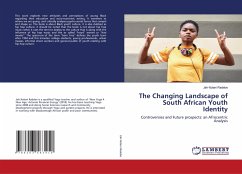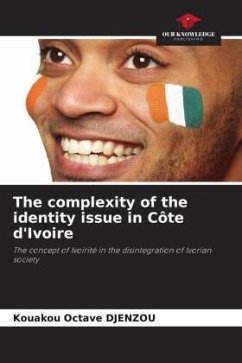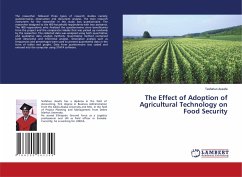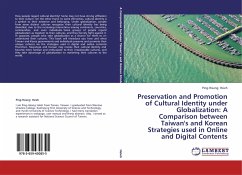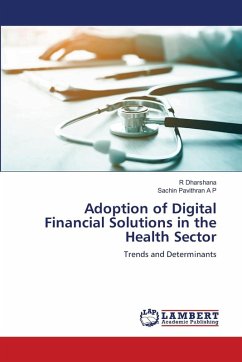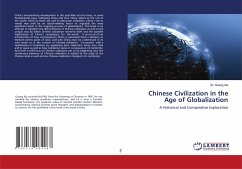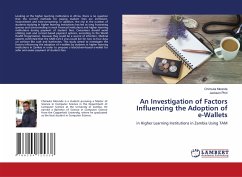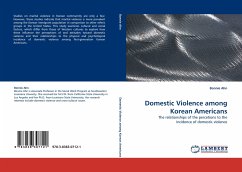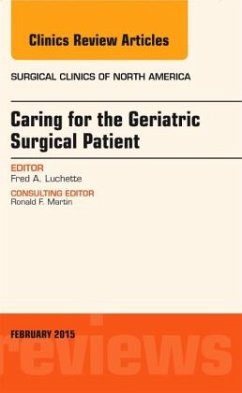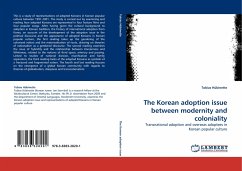
The Korean adoption issue between modernity and coloniality
Transnational adoption and overseas adoptees in Korean popular culture
Versandkostenfrei!
Versandfertig in 6-10 Tagen
52,99 €
inkl. MwSt.

PAYBACK Punkte
26 °P sammeln!
This is a study of representations of adopted Koreans in Korean popular culture between 1991-2001. The study is carried out by examining and reading how adopted Koreans are represented in four feature films and four popular songs. After having given the cultural background to adoption in Korean tradition, the history of international adoption from Korea, an account of the development of the adoption issue in the political discourse and the appearance of adopted Koreans in Korean popular culture, the first reading takes up the gendering of the colonised nation and the maternalisation of roots, ...
This is a study of representations of adopted Koreans in Korean popular culture between 1991-2001. The study is carried out by examining and reading how adopted Koreans are represented in four feature films and four popular songs. After having given the cultural background to adoption in Korean tradition, the history of international adoption from Korea, an account of the development of the adoption issue in the political discourse and the appearance of adopted Koreans in Korean popular culture, the first reading takes up the gendering of the colonised nation and the maternalisation of roots, drawing on theories of nationalism as a gendered discourse. The second reading examines the issue of hybridity and the relationship between Koreanness and Whiteness, related to the notions of third space, mimicry and passing. Linked to studies of national division, reunification and family separation, the third reading looks at the adopted Koreans as symbols of a fractured and fragmented nation. The fourth and last reading focuses on the emergence of a global Korean community with regards to theories of globalisation, diasporas and transnationalism.



